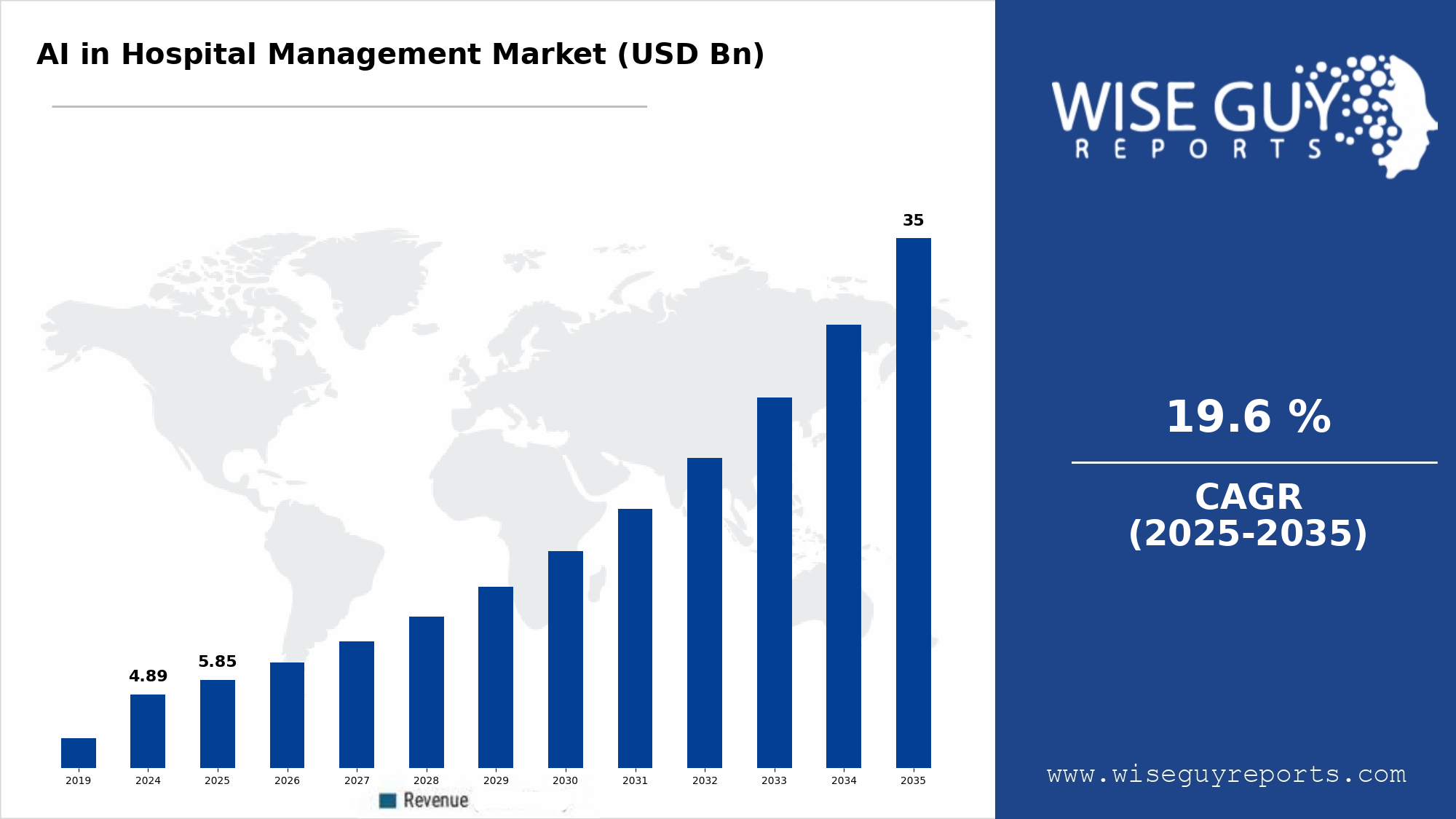A Deep Dive into AI in Hospital Management Market Share Analysis

An in-depth AI in Hospital Management Market Share Analysis reveals a complex and highly fragmented competitive landscape, with market share distributed among several distinct categories of players. A significant portion of the market is held by large, established healthcare IT giants and EHR vendors. These companies are leveraging their deep integration within hospital IT infrastructure and their long-standing relationships with healthcare providers to embed AI and machine learning capabilities directly into their existing platforms. Their primary competitive advantage is their control over the core clinical and administrative data, which allows for a more seamless integration of AI-driven insights into the daily workflows of clinicians and administrators. Their strategy often involves acquiring innovative AI startups and incorporating their technology into their comprehensive enterprise suites, allowing them to capture market share by upselling their massive existing customer base on these new AI-powered modules for revenue cycle management, operational analytics, and workforce optimization.
A second and increasingly influential group vying for market share consists of specialized, AI-native startups and technology firms. These nimble companies are often founded by experts in data science and healthcare operations and are focused on solving specific, high-impact problems with best-of-breed AI solutions. They are capturing market share by demonstrating superior performance and a faster ROI in niche areas such as operating room scheduling optimization, predictive bed management, or autonomous medical coding. Their competitive advantage lies in their technological focus, agility, and their ability to innovate more rapidly than larger, more bureaucratic incumbents. These players often pursue a "land-and-expand" strategy, starting with a single department in a hospital and then expanding their footprint across the organization as they prove their value. The rise of these specialized players is a key feature of the market, indicating that there is significant room for innovators who can deliver demonstrable results.
The market share analysis is further complicated by the growing presence of major, horizontal technology corporations—the global leaders in cloud computing and artificial intelligence. These companies are entering the market not necessarily by offering end-user applications, but by providing the powerful underlying AI platforms, cloud infrastructure, and development tools that enable both hospitals and other software vendors to build their own custom solutions. They are capturing a significant, albeit indirect, share of the market's value by becoming the foundational technology layer upon which the entire ecosystem is built. Their competitive strategy involves forging strategic partnerships with large hospital systems, academic medical centers, and leading healthcare IT companies to co-develop solutions and establish their platforms as the industry standard. The interplay between these three groups—the entrenched EHR incumbents, the agile AI startups, and the powerful cloud platform providers—defines the dynamic and constantly shifting distribution of market share.
- Art
- Causes
- Crafts
- Dance
- Drinks
- Film
- Fitness
- Food
- Παιχνίδια
- Gardening
- Health
- Κεντρική Σελίδα
- Literature
- Music
- Networking
- άλλο
- Party
- Religion
- Shopping
- Sports
- Theater
- Wellness
